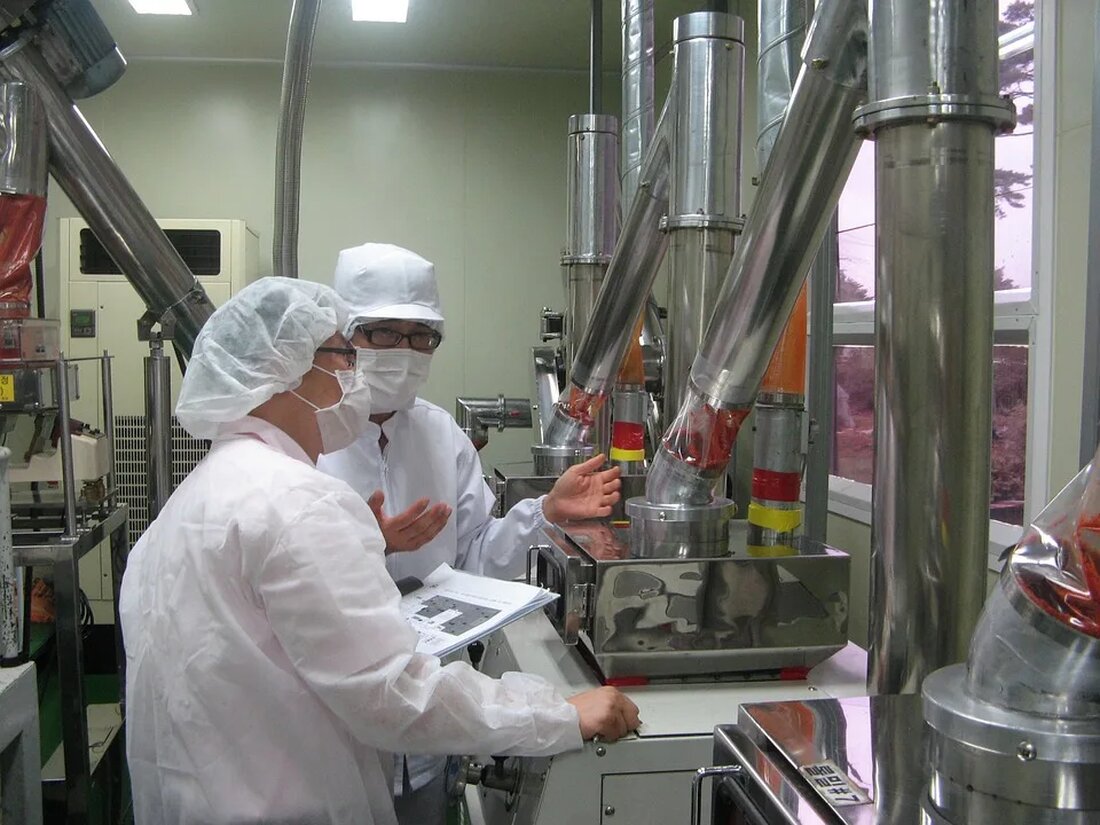Processed foods: a critical view
Processed Foods: A Critical View In our modern society, processed foods make up a large part of our diet. They are practical, comfortable and often affordable. But what is really behind these products? In this article we will take a critical look at these foods and examine their impact on our health, the environment and society. What are processed foods? Processed foods are products that have gone through a series of processing steps before ending up on supermarket shelves. This processing can take various forms, including refining, preserving, preserving and adding additives. Examples of processed foods include breakfast cereals, packaged frozen meals, canned goods,...

Processed foods: a critical view
Processed Foods: A Critical View
In our modern society, processed foods make up a large part of our diet. They are practical, comfortable and often affordable. But what is really behind these products? In this article we will take a critical look at these foods and examine their impact on our health, the environment and society.
What are processed foods?
Processed foods are products that have gone through a number of processing steps before they end up in the supermarket shelves. This processing can take different forms, including refining, preservation, preservation and addition of additives. Examples of processed foods include breakfast cereals, packaged frozen dishes, canned goods, ready -made sauces and spices, packaged baked goods and sweets.
Loss of nutrients through processing
The processing of food can lead to a significant loss of nutrients. During the processing process, valuable vitamins, minerals and fiber are often removed. The goal of processing is often to improve the durability and taste of the food, which often leads to a compromise in nutrient quality. For example, white flour loses a large part of its fiber, vitamins and minerals compared to wholemeal flour during refining.
Additives and their effects
Processed foods often contain a variety of additives such as flavor enhancers, preservatives and colorings. These additives are used to improve the taste, consistency and shelf life of the food. However, they can also have negative effects on our health. Some additives are known to cause allergies or intolerances. There is also evidence that certain additives, such as artificial colors, can influence children's behavior.
The influence on health
The high consumption of processed food is often associated with a number of health problems. Studies have shown that people who have a high proportion of processed foods in their diet have an increased risk of obesity, type 2 diabetes and cardiovascular diseases. This is partly due to the high content of saturated fatty acids, trans fats, salt and sugar in these products. In addition, studies show that processed foods are often less saddeable than fresh, unprocessed foods, which can lead to increased calorie consumption.
Environmental impact of the processed food industry
The production and distribution of processed foods also have a significant impact on the environment. Producing these products often requires large amounts of energy and water, as well as the use of pesticides and fertilizers, which can damage our ecosystems. In addition, the transportation and packaging of these foods contributes to CO2 emissions, which contributes to global warming.
Social impacts of processed food consumption
The high consumption of processed food also has social effects. These products are often offered at low prices, which is tempting for many people with low incomes. However, this often leads to a diet that is rich in calories but poor in nutrients. People who mainly feed on processed foods are exposed to a higher risk of health problems. In addition, the consumption of processed food can lead to traditional agricultural practices being neglected, which can have negative effects on agricultural communities.
What can we do?
To minimize the negative effects of processed foods, we can take some measures:
- Wählen Sie frische, unverarbeitete Lebensmittel: Setzen Sie auf eine Ernährung, die hauptsächlich aus frischen, unverarbeiteten Lebensmitteln besteht. Diese bieten eine bessere Nährstoffdichte und sind oft natürlicher und gesünder.
- Informieren Sie sich über Inhaltsstoffe: Lesen Sie die Etiketten von verpackten Lebensmitteln und informieren Sie sich über die darin enthaltenen Inhaltsstoffe. Vermeiden Sie Produkte mit vielen Zusatzstoffen.
- Kochen Sie selbst: Durch das Zubereiten Ihrer Mahlzeiten zu Hause haben Sie die volle Kontrolle über die Inhaltsstoffe und können gesündere Alternativen wählen.
- Unterstützen Sie lokale Erzeuger: Kaufen Sie regionale und saisonale Lebensmittel von lokalen Bauernmärkten oder Lebensmittelgeschäften, um die Nachfrage nach verarbeiteten Lebensmitteln zu reduzieren.
- Sensibilisierung für eine gesunde Ernährung: Informieren Sie Ihre Familie und Freunde über die negativen Auswirkungen von verarbeiteten Lebensmitteln und fördern Sie eine gesunde Ernährung.
Conclusion
Processed foods have numerous negative effects on our health, the environment and society. By conscious decisions when purchasing and preparing meals, we can help minimize these effects. A diet that is rich in fresh, unprocessed food is not only better for our health, but also for our planet and the people around us.
You can find out more about natural and healthy nutrition in our guide magazine Dein-heilpraktiker.com

 Suche
Suche
 Mein Konto
Mein Konto
